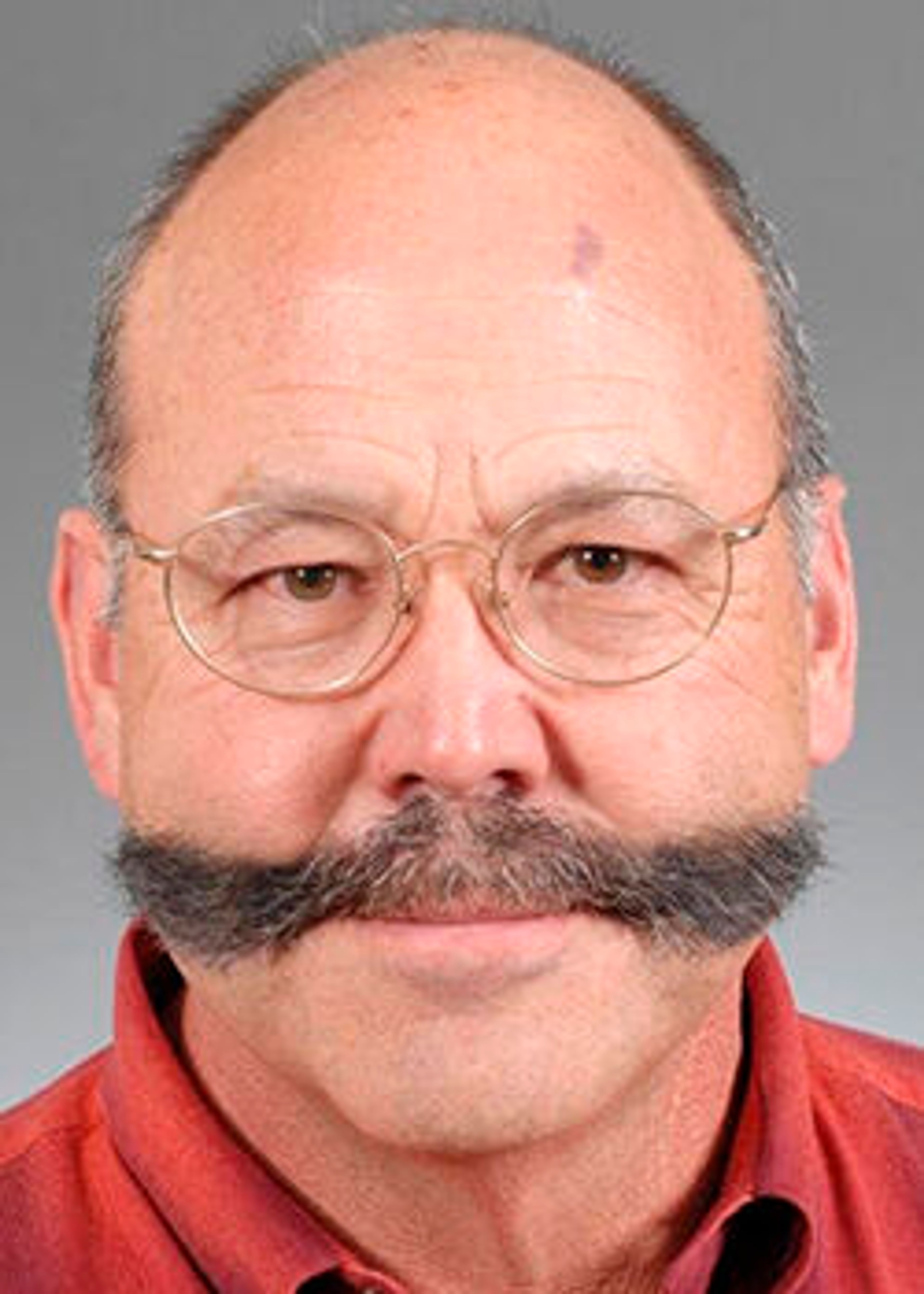Commentary: Think before self-medicating with fish medications
“Think about it this way,” the elected official said on television news broadcast worldwide. “What have you got to lose?”
In this case, it turned out to be a Phoenix man’s life.
The current coronavirus pandemic has many people feeling desperate and they are doing desperate things. A couple in Arizona heard the elected official say the word “chloroquine,” in the course of the statement above as a possible cure. The wife remembered she once used something like that with her koi fish and saw it on the pantry shelf. She got it down and showed her husband.
The two in their 60s mixed up an unknown amount of the chloroquine phosphate in solution and drank it. Within a half hour they were both violently ill and were taken to a Banner Health hospital. The man died. The woman recovered.
According to an NBC News account, the network spoke to the wife, who said they learned of chloroquine’s connection to coronavirus during a President Donald Trump news conference, which “was on a lot actually.” They took it because they “were afraid of getting sick,” she said.”I had (the substance) in the house because I used to have koi fish,” she told the network. “I saw it sitting on the back shelf and thought, ‘Hey, isn’t that the stuff they’re talking about on TV?’”
Chloroquine phosphate is extremely effective in fighting external parasites in fish. It treats things such as Ich, Marine Velvet Disease and others.
The chemical is among many substances that now fall under the FDA’s 2016 amended food regulations known as the Veterinary Feed Directive which limits what antibiotics and antimicrobials can be used in food animals. Use now requires a veterinarian’s order for those compounds and a justified use.
Chloroquine is highly toxic to invertebrates, especially echinoderms (starfish, sand dollars, etc.) and corals. It is no longer approved for fish intended for human consumption.
Unlike copper sulfate treatments used in the past, the powdered chemical used at the recommended dosage does not cause stress or appetite loss in aquarium fish which people don’t eat. It is effective as a poison when parasites are in the infectious stage and feeding stages of their life cycles.
A small bottle containing only 50 grams of chloroquine phosphate powder is all it takes to treat 1,600 gallons of water. That’s 20 times the volume of the average bathtub.
I am personally saddened that this gentleman died and his wife was made so ill. I feel badly for the grief and guilt she must now endure. This tragedy points out the dangerous irresponsibility of public officials making such statements based upon “feelings” or “what my gut tells me.”
Some may point out that it was only one, old, sunbaked couple, so no big deal. Really? Before and since that irresponsible statement was made, “There is a significant surge in demand of chloroquine/hydroxychloroquine and we are doing everything possible to work with manufacturers to increase production,” the FDA’s Michael Felberbaum said. Felberbaum was speaking on behalf of the patients who depend on carefully controlled doses of the drug to prevent or treat a host of diseases such as malaria, lupus and rheumatoid arthritis.
According to a piece written by Lev Facher for Statnews.com, New Jersey’s Rising Pharmaceuticals, a New Jersey-based drug company, hiked the price of chloroquine phosphate tablets by 98 percent between December 2019 and January 2020, according to data provided to STAT by the publishing and analytics company, Elsevier. That jump was from roughly $3.87 to $7.66 per 250-milligram tablet. They’ve since dropped it by half.
Charlie Powell is the public information officer for the Washington State University College of Veterinary Medicine, which provides this column as a community service. For questions or concerns about animals you’d like to read about, email cpowell@vetmed.wsu.edu.








